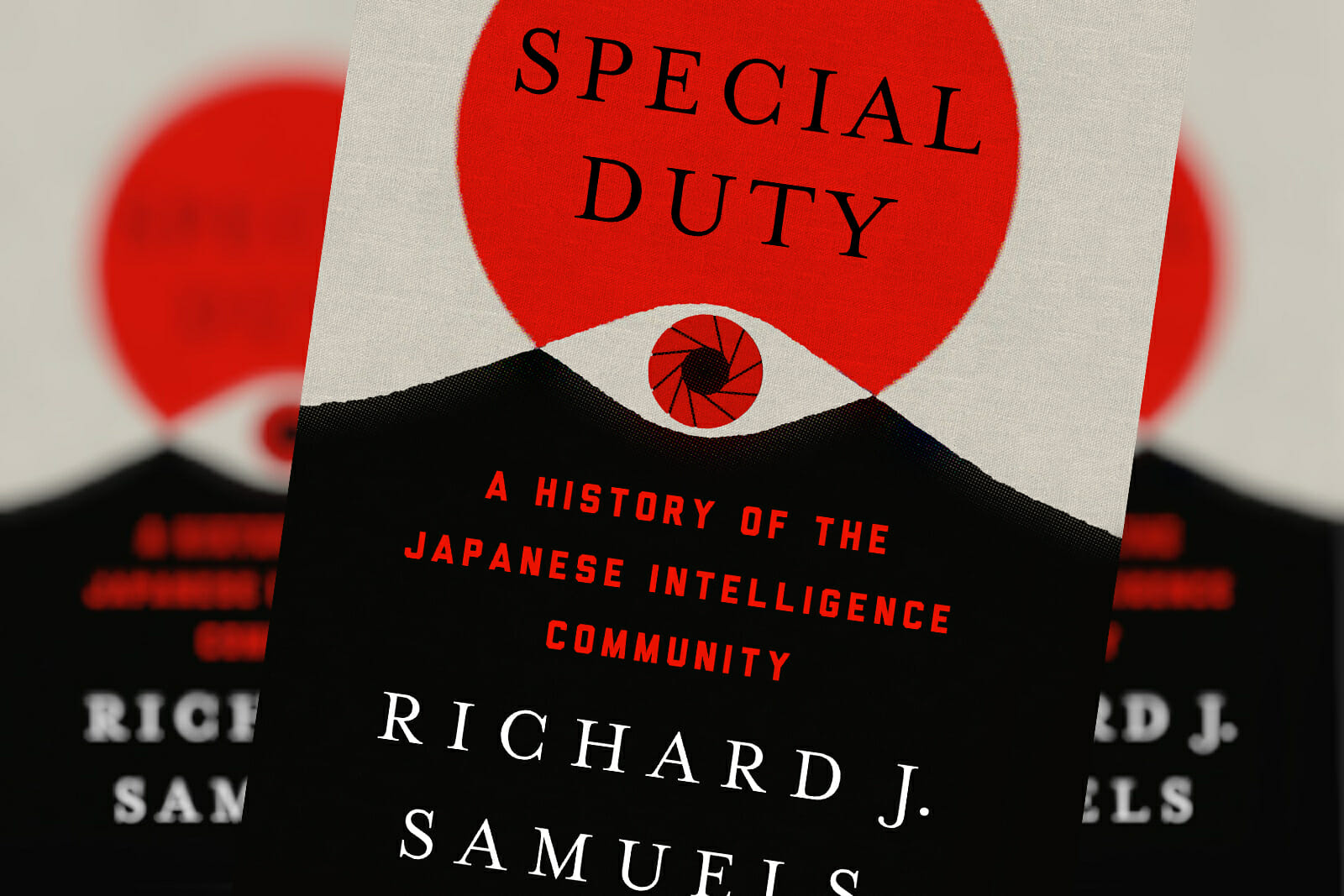
Books
Book Review: Richard Samuels’ ‘Special Duty’
MIT Political Science Professor Richard Samuels’ Special Duty: A History of the Japanese Intelligence Community is important for people in the field of Japanese history to read because it’s a real entry into the same materials from a completely different framework. This makes the book a nice source of candid analysis from the intelligence side of things.
The book acts as an introduction to intelligence work and a history of its development in Japan. The opening chapter lays out the types of intelligence operations (collection, analyzing, policy, etc.) as well as things like oversight. The last chapter goes over these again to rate how Japan has handled them. The history starts with Japan becoming an empire, using private intelligence operations for supporting local uprisings and then attempting to colonize what was left (with varying results). Then Samuels details intelligence’s underdevelopment by the military regime. Most of the history is about post-war Japan and its attempts to build a domestic version of the CIA.
Despite improvements, Samuels believes Japan needs its own domestic intelligence agency like the CIA to defend itself against modern threats and a reform of the bureaucracy which has slowed down information sharing. Special Duty, in its attempt to argue for the reorganization of Japanese intelligence, finds three major causes of its impediment: norms, opposition, and the community’s own legacy. The best way to discuss this book is to engage with how it develops the ideas of these goals and impediments.
Liberal Democratic Party
From Yoshida to Abe’s first administration, those PMs who attempted to reform or empower the intelligence community generally saw some, but limited, success. Despite gains in many of their administrations, they never managed to create a central agency comparable to the CIA. The legacy of the military regime meant there was little popular support for intelligence reform, greatly limiting the political value in pursuing it.
This changed when Shinzo Abe got his second term. Abe came to power in the LDP riding the wave of right-wing anger over the handling of the DPRK kidnapping scandal. Abe wielded political capital in a way few did up to that point. This included “steamrolling” through an anti-whistleblower bill in “disregard for the public.” Abe also used political coalitions in ways others hadn’t, and this may be the means of passing the reforms Samuels advocates for.
Possibly more important to intelligence reform than any prime minister was Gotoda Masaharu. Gotoda was important to the deals behind all LDP policy, but much of this was so that he could pursue expanding military intelligence. In working with Nishiro Seiki, a military bureaucrat, Gotoda was able to create the DIH (Defense Intelligence Headquarters) and “consolidate military intelligence.” Though Gotoda faced the same impediments as other politicians, he also placed blame on the United States’ developing Japanese intelligence for the sake of their Cold War interests.
Far-Right
Japan was a lightning rod for right-wing extremism due to its legacy of militarism and its deep connection to the interests of Cold War America. This meant SCAP’s goals of demilitarizing Japan would see a change course, wherein America’s influence became about preventing a takeover by the JCP and JSP following the war (who were popular for opposing the empire early). This could be seen at the top level of the Japanese government. The ascendance of the Liberal-Democratic coalition, despite the clear opposition of the Yoshida (Liberal) and Hatoyama (Democratic) factions, was influenced by American intelligence, because they shared anti-communist views. Kishi Nobusuke was a Class-A war criminal who nonetheless became “one of the United State’s favorite LDP prime ministers.”
Another right-wing figure highlighted in the book was an ex-Franco publicist named Willougby. He was, according to a British intelligence analyst “the exact type of militarist that SCAP supposedly wanted to purge from the Japanese government.” Samuels likes to reiterate that Willoughby was ineffectual and that his real victim was the intelligence community, who’s development was hindered by its connection to Willoughby’s faction. However, such people remaining unpurged should be an indictment in its own right. It’s not as if Willoughby or his allies were kept secret from the occupying forces, SCAP knew who he was and used him on missions as important as Korea.
The Problem With All of This
“The most important single factor shaping the post-war evolution of the Japanese intelligence community was the robust anti-communism that predated the Cold War. It was not an impossible stretch for Japanese political and military elites to pivot and embrace—and offer their services to—U.S. occupation officers who were obsessed with fighting Soviet and Chinese communism.”
Remarks such as these by Samuels or Gotoda argue that Japan’s intelligence community was underdeveloped, in part, because it existed to serve American interests; but why would a “muscular recovery” have produced a less dangerously anti-communist apparatus? The Noes Incident details a Japanese military ready to kill their opposition; it’s the exact kind of thing the Japanese people didn’t want anymore, and you can’t just work around that and “respect liberal democracy” at the same time.
The problem with Samuels is a constant desire to have it both ways. Japan was coming out of a period of deep reactionary tendencies and going into a period wherein the enemy was still leftists. If leftist opposition in Japan existed, it would be connected in some way to the 2nd World, sought at the highest level or not. This means that American intelligence—whose influence ripples through Japan’s democracy to this day in the form of the LDP—was not supposed to take advantage of the large pool of pre-war anti-communist institutions. The U.S. occupation’s goals were always going to necessitate letting foxes into the hen house.
The other issue is who the villain of the book ultimately is, not the fascists (though they’re considered a massive hindrance) but the people of Japan itself. Coming out of the war they did not want an overpowered intelligence apparatus, the CIA had to work against the JCP/JSP, and they remained concerned about the implications of domestic surveillance. If things like oversight and democracy really matter, then that should be the end of it, but the attempt to manufacture consent remains. It’s an opportunistic relationship with crises that benefits the right more than anything else.
The book is a great source of information, and I encourage people to read it, but, I think Samuels’ argument is idealistic: a Japanese CIA free of the reactionary characters and features needed to create it in the first place.

